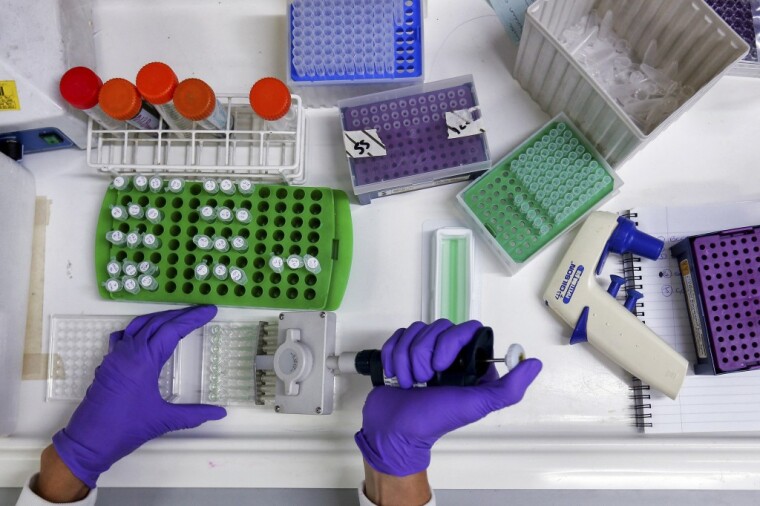Cancer treatment news: Engineering T-cells to attack cancer cells

A new approach in treating cancer has been getting surprisingly positive results. Researchers have found that this experimental therapy requires the T-cells to be extracted from the body of the patient to let them recognize what cancer cells look like.
Thymocytes cells or T-cells has a major role in the immune system. T-cells are the ones that see foreign objects in the body like cancer cells. But since cancer cells multiply quickly and have a way of tricking T-cells to think that they are not the enemy, the cancerous cells are able to grow and spread throughout the body.
This new approach that the scientists are experimenting allows the T-cells to be exposed to the cancer cells outside of the body. After enough time, the T-cells are put back into the bloodstream of the patient, knowing what cells to attack, sparing the healthy ones.
Given that the research and trials are still going on at present, one of the trial's leaders, Renier J. Brentjens, M.D., Ph.D., of Memorial Sloan Kettering Cancer Center in New York, gave a statement to the National Cancer Institute, saying that these "are proof of principle that we can successfully alter patients' T cells so that they attack their cancer cells."
At the annual meeting of the American Association for the Advancement of Science in Washington, D.C., this experimental research was presented by the Fred Hutchinson Cancer Research Center in Seattle, headed by immunotherapy researcher and oncologist, Dr. Stanley Riddell.
According to the preliminary results of the ongoing study at Fred Hutchinson Cancer Research Center, 27 out of 29 patients with advanced blood cancer who were in the trial sustained remissions, as reported by Hutch News.
During an interview of BBC, Prof. Riddel said, "Essentially what this process does is, it genetically reprograms the T-cell to seek out and recognise and destroy the patient's tumour cells. [The patients] were really at the end of the line in terms of treatment options and yet a single dose of this therapy put more than ninety percent of these patients in complete remission where we can't detect any of these leukaemia cells."
However, given the small sample size this experiment has had, experts say that this is only "a baby step" toward the real thing. If this treatment gains success overtime with the help of technological advancements, then it just might become the answer to cancer.